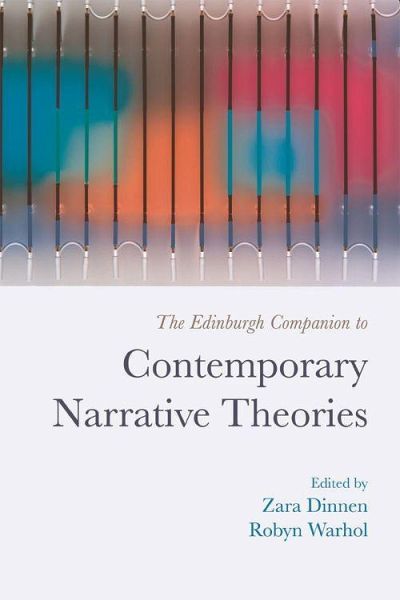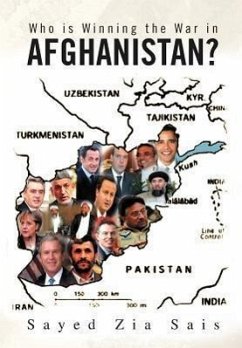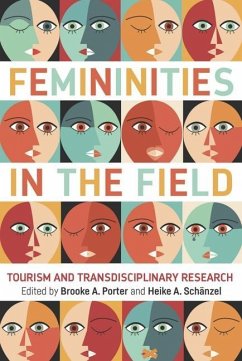
The Edinburgh Companion to Contemporary Narrative Theories
Versandkostenfrei!
Versandfertig in über 4 Wochen
234,99 €
inkl. MwSt.
Weitere Ausgaben:

PAYBACK Punkte
117 °P sammeln!
'This Companion provides a cutting-edge and highly stimulating intervention in the rapidly changing field of interdisciplinary and intermedial narratives theories. It will be essential reading not only for specialists, but for all students and teachers interested in new trajectories of contemporary narrative theory and the cultural politics of narrative form.' Ansgar Nünning, International Graduate Centre for the Study of Culture Giessen A collection of original essays establishing how wide the intellectual boundaries of narrative theory have become, The Edinburgh Companion to Contemporary Na...
'This Companion provides a cutting-edge and highly stimulating intervention in the rapidly changing field of interdisciplinary and intermedial narratives theories. It will be essential reading not only for specialists, but for all students and teachers interested in new trajectories of contemporary narrative theory and the cultural politics of narrative form.' Ansgar Nünning, International Graduate Centre for the Study of Culture Giessen A collection of original essays establishing how wide the intellectual boundaries of narrative theory have become, The Edinburgh Companion to Contemporary Narrative Theories showcases the latest approaches to diverse narratives across many media and in numerous disciplines. Attending to literary, digital, visual, cinematic, televisual and aural forms of storytelling, this book brings founders of the field of post-classical narrative theory together with senior and emerging scholars. This is the first anthology to consider what narrative is and what it can do in the wake of various turns in literary studies which have been appearing in the context of digital media and algorithmic capital. From mind-centred and philosophical approaches to theories focusing on gender, race and sexuality, the chapters touch on poetry, drama, digital games, podcasts, coding, speculative fiction, the law, medical narrative, oral storytelling and comics as well as the more traditional areas of fiction, TV and film. This is the future of narrative theory. Zara Dinnen is Lecturer in Twentieth- and Twenty-First-Century Literature in the School of English and Drama at Queen Mary University of London. Robyn Warhol is Arts and Sciences Distinguished Professor of English and Chair of the Department of English at The Ohio State University. Cover image: Neon, Jack Landau, 2014 © Jack Landau Cover design: [EUP logo] edinburghuniversitypress.com ISBN 978-1-4744-2474-5 Barcode













